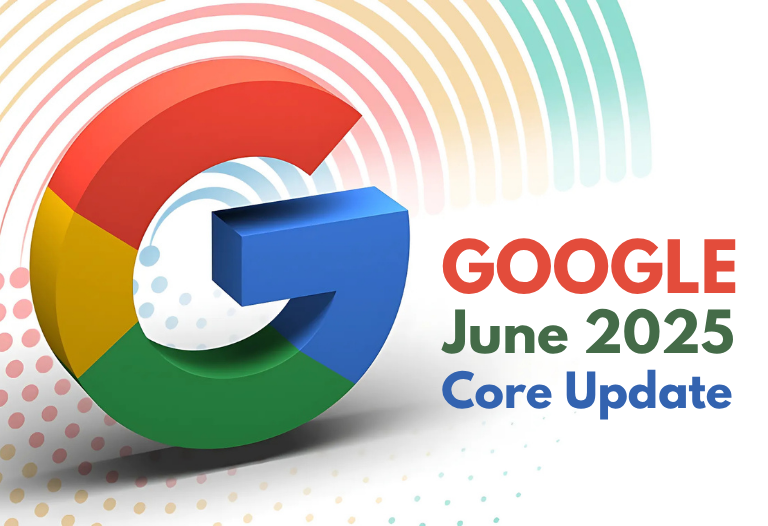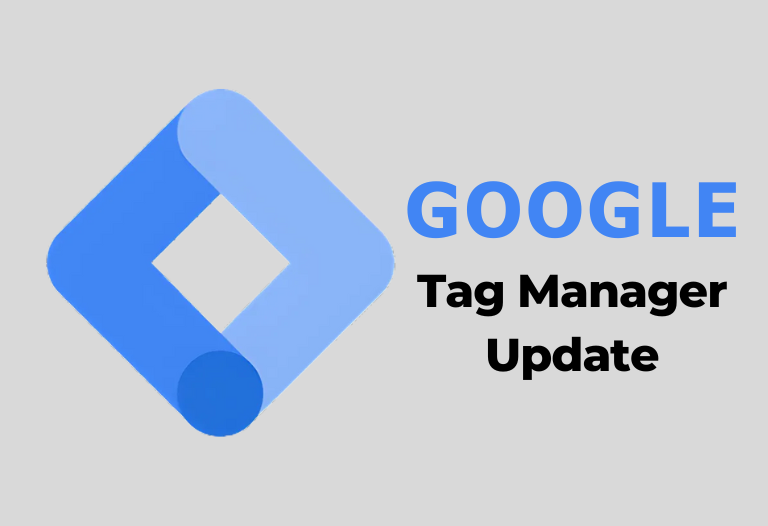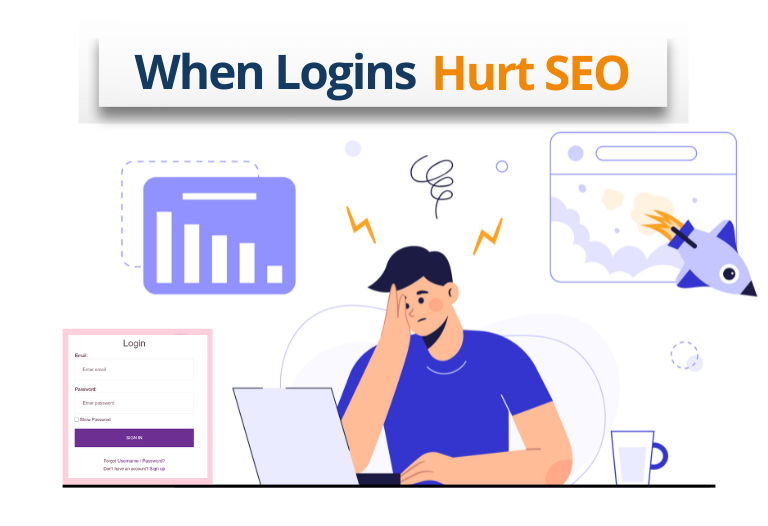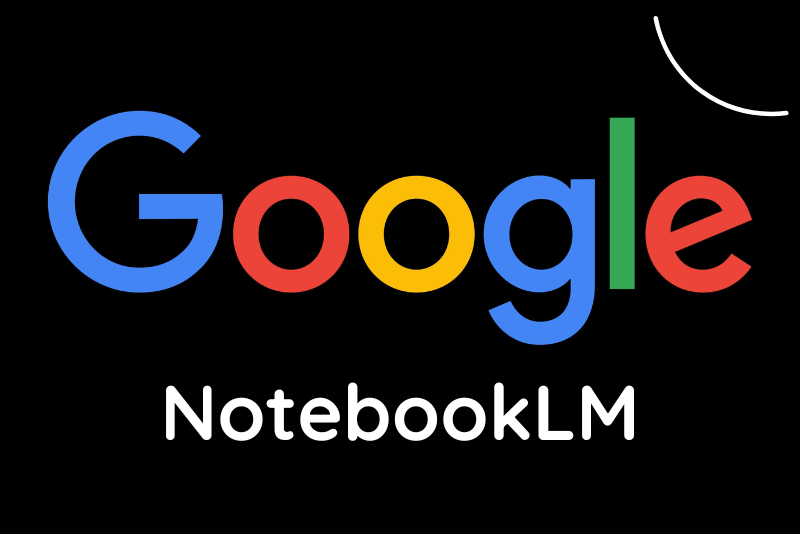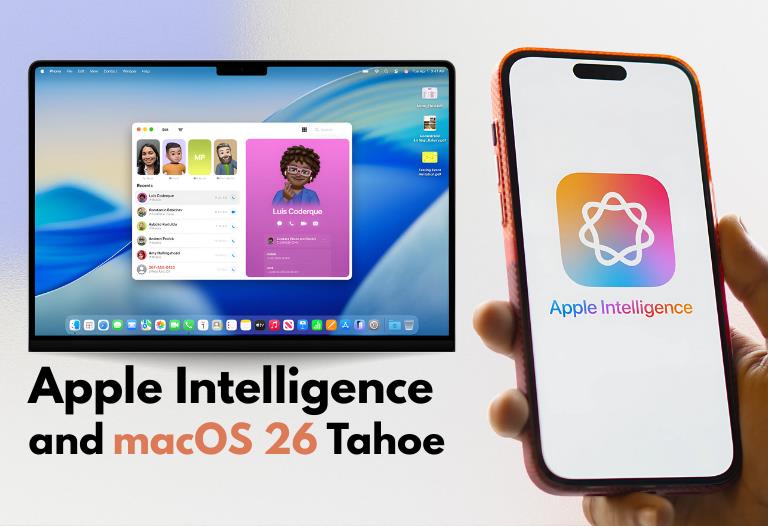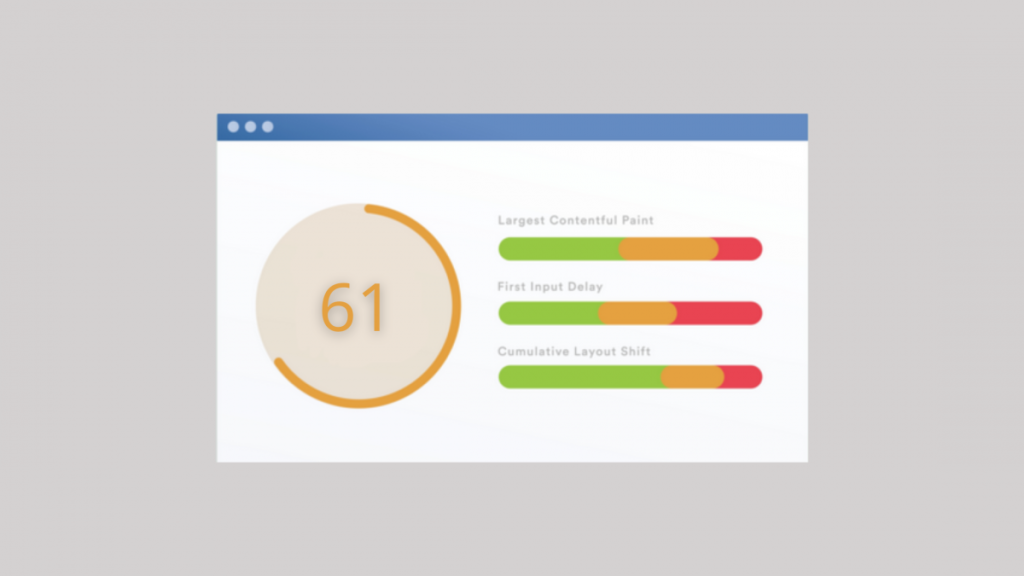
At SEODay 2022, Google Search Advocate John Mueller spoke about the effect of page experience on search rankings and changes to how Google scores sites.
Page experience is a powerful ranking factor that Google brought to the forefront with the release of their Core Web Vitals. Previously, when thinking about page experience, the primary focus was on the experience of mobile pages. Still, with Google’s latest update, the search landscape is shifting like sand in an hourglass.
He also discussed the three prior metrics the search engine uses in confining experience scores: largest contentful paint (LCP), first input delay (FID), and incremental layout shift (CLS).
Mueller said, “This is not a tie-breaker.” “It won’t make or break your website in terms of search, but it is a factor that comes into play regarding ranking between different results.”
Google has also added a new page experience metric, “interactivity to next page,” or INP. Google initially declared INP at I/O 2022, and while Mueller was clear that it is not a direct ranking factor, he discussed INP as something that may play an important role in the future.
Search Console Insights Gives Easier Way To Track Search Rankings
Mueller spent the first part of his presentation discussing the benefits of Search Console Insights. Using Search Console data, alongside analytics, users can develop custom reports and get a distant view of the data.
He especially mentioned using BigQuery and Data Studio as “a way of connecting various data sources together and creating really fancy reports.”
Mueller said that Google is also working on growing its Search Console APIs, which will let users connect these APIs to code on their sites. Possible uses Mueller noted include monitoring top questions and checking to see if specific URLs are indexed.
Read More: Google News Launches New Design: Makes It Easier to Find Local News
Videos & Images Plays an Important Role in Search
At I/O earlier this year, Google previewed a collection of video reports coming to Search Console: a response to a growing appetite for this type of media in search results.
Mueller said, “We see that people love videos and authentic images in search results, so we try to show them more.”
Today’s growing trend, he included web stories, a collection of pages that often have videos. To encourage their use, Google now gives a WordPress plugin for creating them.
Authentic Product Reviews Considered In Rankings
Ecommerce has been trending upward, with the global market expected to surpass $5.5 trillion this year. In its algorithm, Google includes what Mueller termed “authentic reviews” to modify digital shoppers better.
He said, “People have high expectations of reviews they find online, so we’ve also worked especially on updates to algorithms with regards to ranking these product reviews.”
Additional Updates from Mueller
At SEODay, Mueller said Google has slightly changed its terminology, with the term “title links” now being used to refer only to the title of a search result.
The search engine giant has also added a new robot Meta tag, “indexifembedded.”
Users can leverage the Meta tag when embedding content on the main page and want to manage the indexing of that embedded piece of content. Moreover, Mueller also said Google’s blog was the best source of information on any SEO-related topic.
He remarked, “With any kind of bigger update… it’s sometimes tricky to tell folks what they should be looking at specifically.” “So we have a fairly comprehensive blog post.
For more updates like these, subscribe our newsletter.




 June 27, 2022
June 27, 2022